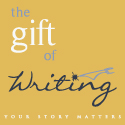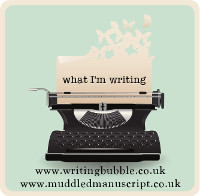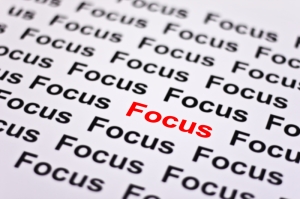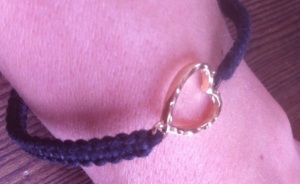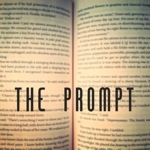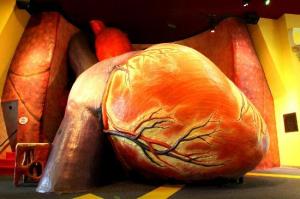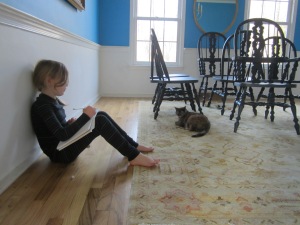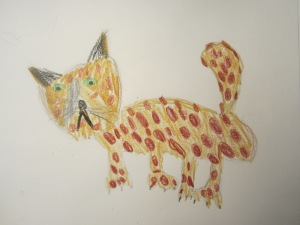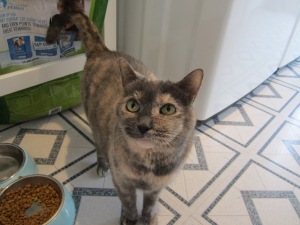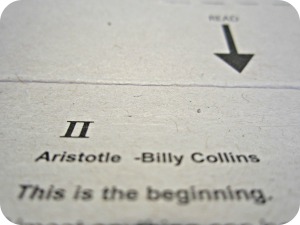
Over the holidays, we received a lovely gift basket from my husband’s aunt. It was beautifully wrapped and overflowing with cookies, crackers, pasta, popcorn, and the most delicious salted caramels. This was not something she picked up at a supermarket or specialty store. She had to make it herself because we are gluten free.
The phasing of that last line struck me. We are gluten free, as if we are what we eat, or rather what we don’t eat. But changing it to, we only eat gluten free, doesn’t sound quite right. The first rings more true. We ARE gluten free. We’re not trying it out to be trendy or lose weight (what a joke!), but because our daughter has celiac. It’s our life.
So, needless to say we were quite grateful. This box of cookies caught my eye right away…
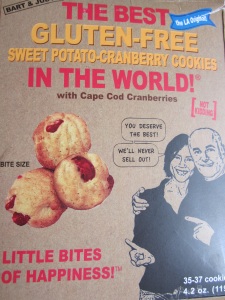
Bart & Judy’s The Best Sweet Potato Cookies In The World
Even before I tasted them, I loved the flavor combo, in part because I knew my kids wouldn’t touch them. They were mine, all mine, ha! Though I must admit a little wariness regarding their claim, “the best,” which is one of the most overused, and rather annoying, phrases on the web these days.
That said, these cookies are good. Really good. I love how they’re sweet, but not cloyingly so, how there is only a handful of ingredients, all natural. They are about as close to homemade as you can get, in a box. Plus they are so adorably petite, you don’t feel bad if you eat a dozen a couple.
As I happily munched away I checked out the box, whose surface was peppered with stories and quotes. As a kid my parents used to joke that I’d read anything, even the back of a cereal box. Some things don’t change. But what I never expected was what was inside… and I’m not talking about cookies.
Poems. POEMS!
I couldn’t believe my eyes. Poems printed on the inside of the box. Are you kidding me?! Bart, the cookie maker, is quite clear what he wants eaters to do:
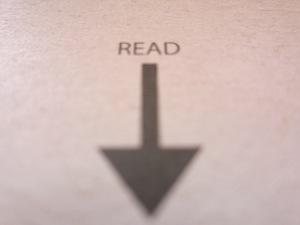
He includes three poems: Robert Frost’s “The Road Not Taken,” Billy Collins’ “Aristotle,” and John Donne’s “For Whom the Bell Tolls.”
Later when we bought more flavors at HomeGoods – cinnamon sugar and chocolate chocolate chip – I’d hoped for different poems, but they were the same. Still. Poems with cookies. When does that happen?
Now before you shrug and say, well, I’m not that into poetry (because I’m assuming you’re into cookies, I mean, I hope so), you should know: neither am I.
In fact, I have a history of what I call SPI: severe poetry intimidation.
Of course I’ve read plenty of it; you have to when you major in English lit and get an MFA. But reading poetry always struck a nerve of self-doubt. Still does. Without the familiar footholds of narrative storytelling beneath me, I falter and lose my confidence. Often I start with the best of intentions, but my attention tends to wander at the first roadblock. A phrase I can’t unlock, an obscure reference. It’s kind of what happens when I try to meditate. I lose focus.
Well. Clearly, I need to work on this, because if it weren’t for this box of cookies, I’d never have read “Aristotle” by Billy Collins, now one of my favorite pieces of writing.
He spans a lifetime in a poem. I wept through it, and not only because we were in the midst of dealing with poor Mimi, our dearly departed cat.
Though I do believe reading poetry during times of grief can help. Now, come to think of it, that’s when I’ve been most drawn to poetry. After my mother’s death, a friend sent me W.H. Auden’s “Funeral Blues” and I read it repeatedly, as did my father. My novel-in-progress (perhaps I should stop calling it an albatross?) has themes of death, grief, and survivor’s guilt, and I found this poem on Lindsey Mead’s wonderful blog, A Design So Vast.
Perhaps the answer for me, and anyone else suffering from poetry intimidation, is to take one poem at a time and release yourself from pressure to “get it” or even like it.
Maybe, if you’re feeling so inclined, check out some of my favorite lines from “Aristotle.”
From, This is the beginning.
Think of an egg, the letter A,
a woman ironing on a bare stage
as the heavy curtain rises.
As I read these lines, between bites of cookie, I thought, I can see that. I heard the hush of the audience as the curtain rose. The skin on my arms rose up and I continued.
From, This is the middle.
This is the sticky part where the plot congeals,
where the action suddenly reverses
or swerves off in an outrageous direction.
Here the narrator devotes a long paragraph
to why Miriam does not want Edward’s child.
I love how right this feels, the messy middle, when there is still possibility, though the shine of it has rubbed off.
From, And this is the end,
the car running out of road,
the river losing its name in an ocean…
This is the colophon, the last elephant in
the parade, the empty wheelchair,
and pigeons floating down in the evening.
I was understandably flattened by the wheelchair line, since my mother was in one for the last decade of her life, but I could barely get through this last section without weeping. It felt like The End, more than just the end of a poem.
But that, I’m realizing, is the power of poetry, one that has eluded me over the years. A phrase lights up in your mind, dives down and burrows in your heart, where it beats and bleeds.
Not every poem will have this effect, just like not every book or cookie will, but that doesn’t mean we shouldn’t read lots of books or try lots of cookies.
I’d like to know if you consider yourself poetry fluent, averse, or somewhere in between. What poems have left their mark on you?

